Having failed to isolate Damascus, US says ‘disappointed’ over Syrian president's UAE visit
The United States has reacted bitterly to a Friday trip by Syria’s President Bashar al-Assad to the United Arab Emirates, which came despite more than a decade of untiring efforts by Washington and its allies to isolate Damascus.
"We are profoundly disappointed and troubled by this apparent attempt to legitimize Bashar al-Assad," US State Department spokesman Ned Price said in a statement sent to AFP on Saturday.
As US Secretary of State Antony "Blinken has reiterated, we do not support efforts to rehabilitate Assad, and we do not support others normalizing relations," Price said.
Assad traveled to the UAE on Friday, meeting with Abu Dhabi's Crown Prince Sheikh Mohammed bin Zayed Al Nahyan and Dubai’s ruler Sheikh Mohammed bin Rashid Al Maktoum.
During his meeting with Assad, UAE's crown prince "stressed that Syria is a fundamental pillar of Arab security.”
“The UAE is keen to strengthen cooperation with Syria,” he added, describing the two nations as “brotherly peoples.”
Talks also centered on efforts to "contribute to the consolidation of security, stability, and peace in the Arab region and the Middle East," said UAE's official news agency, WAM.
In his meeting with Assad, the ruler of Dubai, Sheikh Mohammed, said he hoped the visit would "pave the way for goodness, peace and stability to prevail in Syria and the entire region."
The two sides also discussed ways of "preserving the territorial integrity of Syria and the withdrawal of foreign forces from the country," as well as means of providing "political and humanitarian support for Syria."
Syria's state news agency SANA said the meeting helped to "strengthen cooperation" between the two sides.
Assad’s visit to the UAE took place only months after the Emirates’ Foreign Minister Abdullah bin Zayed Al Nahyan traveled to the Syrian capital Damascus. It also came amid the widely-reported prospect of Damascus’ return to the Arab League regional grouping.
The UAE cut its relations with Syria in 2012, a year after the latter found itself in the grips of rampant foreign-backed violence.
Abu Dhabi reopened its embassy in Damascus in December 2018 amid Syria’s increasing success in recapturing vast swathes of its territory and turning the tide against the foreign-sponsored militants and terrorists.
Throughout these years, however, Washington has never dropped its anti-Syria policy as seen by a 2014-present invasion of the Arab country and its changeless and vociferous animosity towards Damascus across international bodies.
VIDEO | Trump's Gaza 'peace plan' dismissed as 'one-sided and unworkable'
Sheikh Qassem: Hezbollah foiled objectives of enemy’s aggression
VIDEO | Transatlantic rift at Munich Security Conference
‘Textbook definition of terrorism’: Tehran denounces Pelosi’s call on US to exact ‘pain’ on Iranians
VIDEO | 39th AU summit opens in Addis Ababa with focus on water security, peace, and development
VIDEO | Iran: The stronghold Washington lost
Anti-Iran ‘Munich circus’ shows Europe has lost geopolitical weight: Araghchi
Swiss to act as venue of next round of Iran-US talks: Report


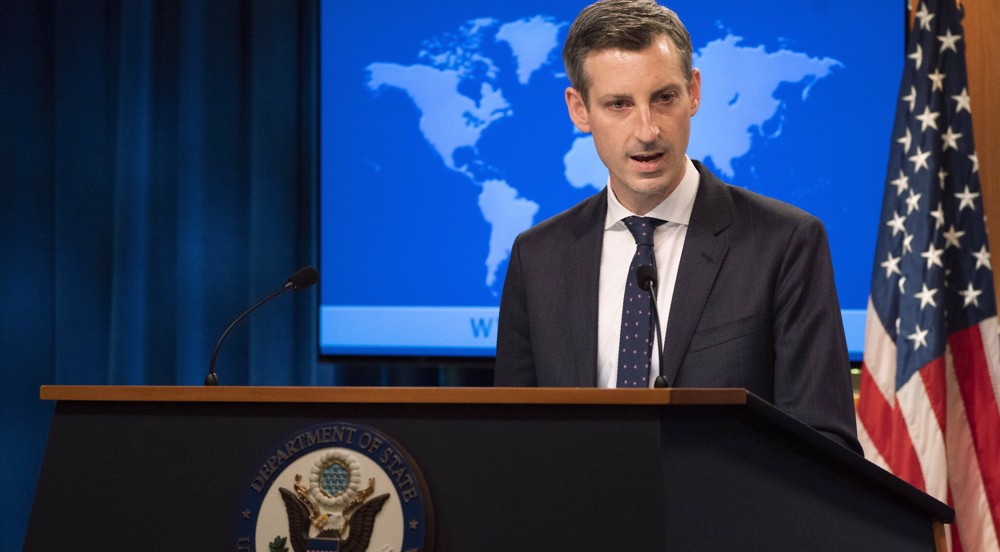
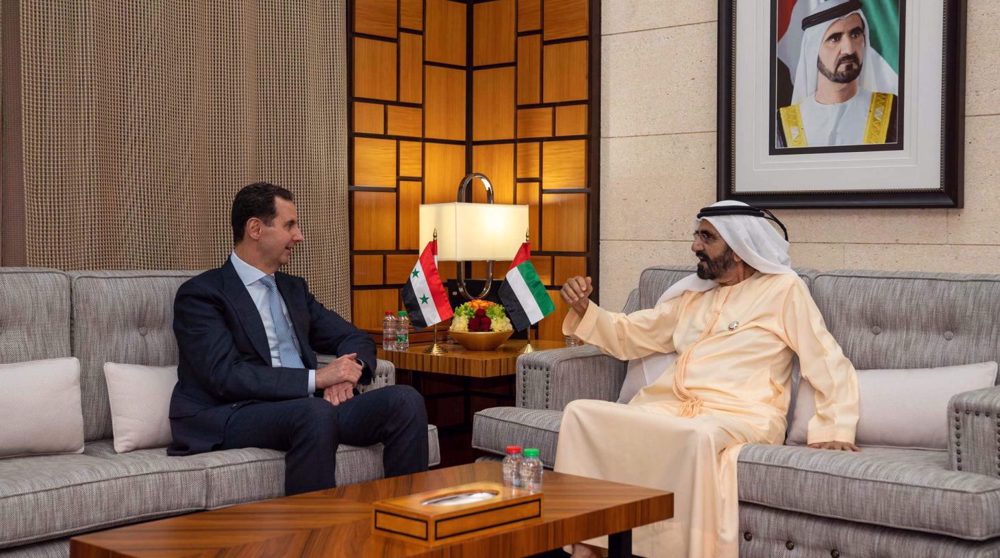
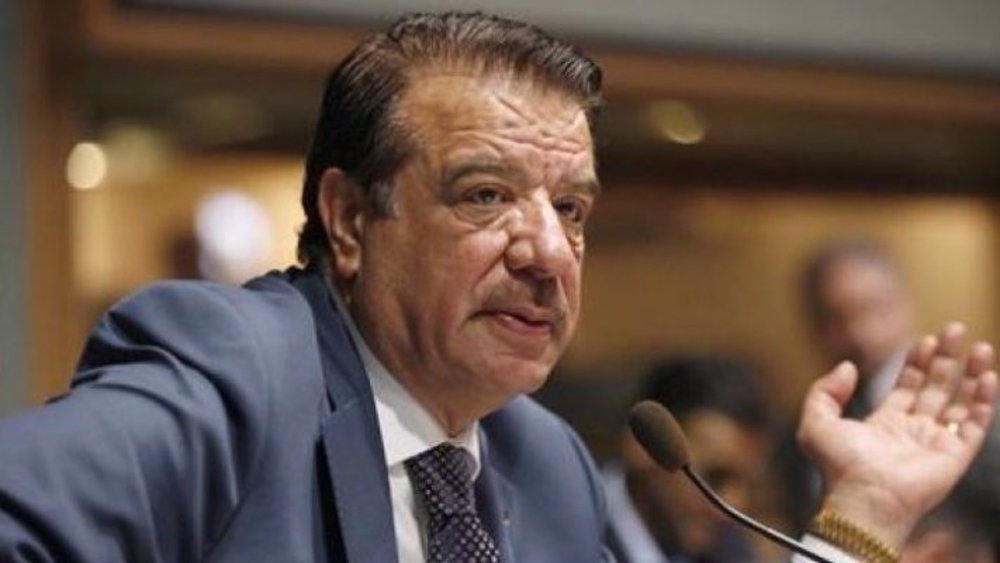
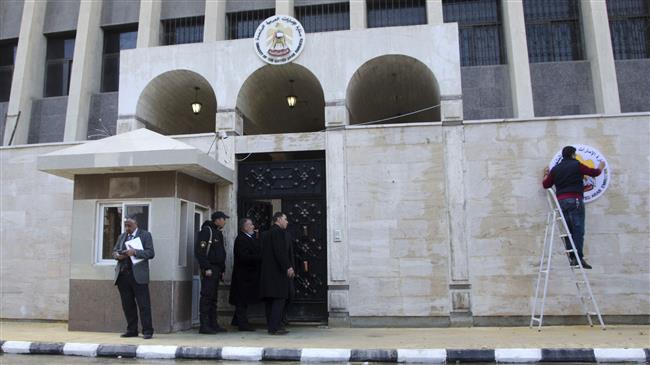
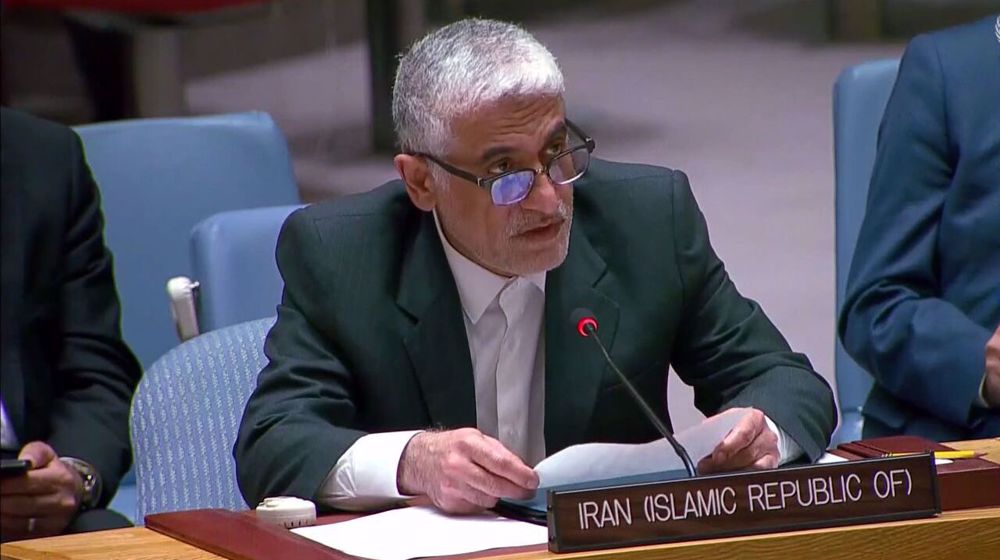
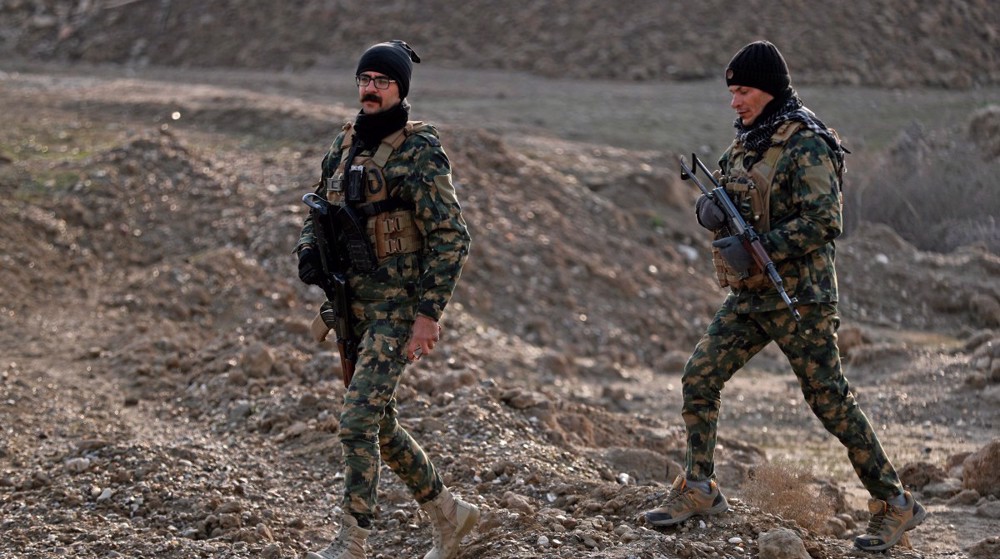
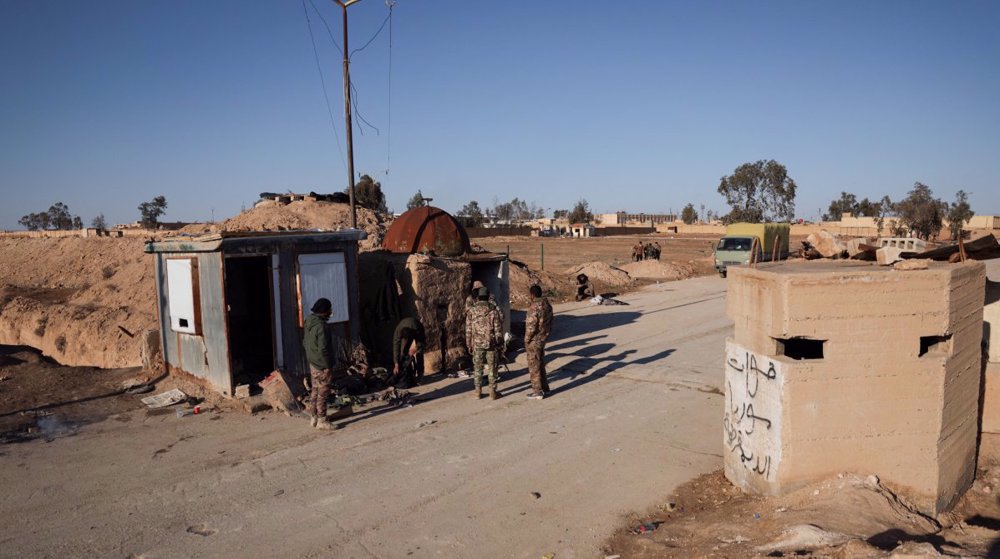





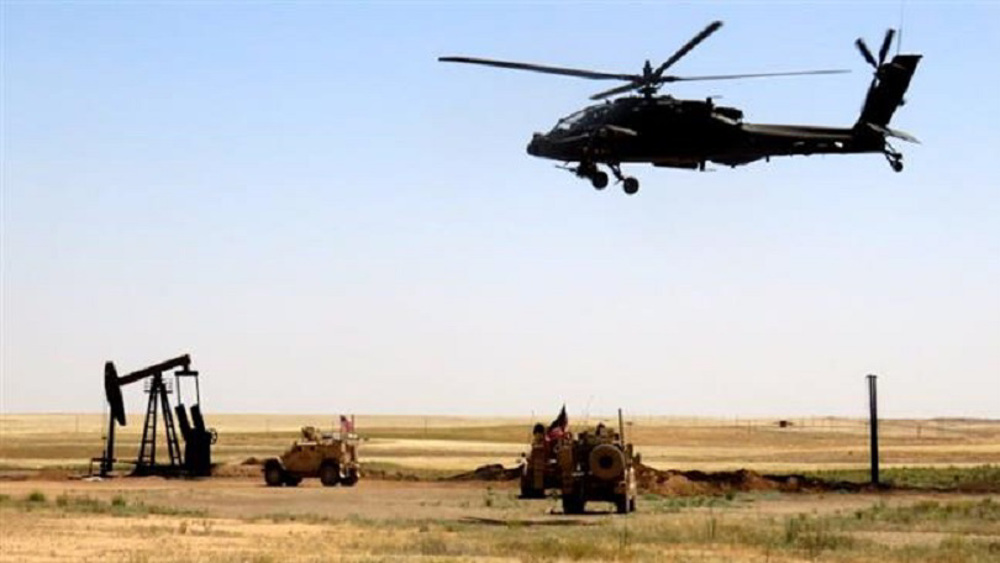

 This makes it easy to access the Press TV website
This makes it easy to access the Press TV website